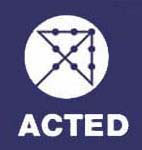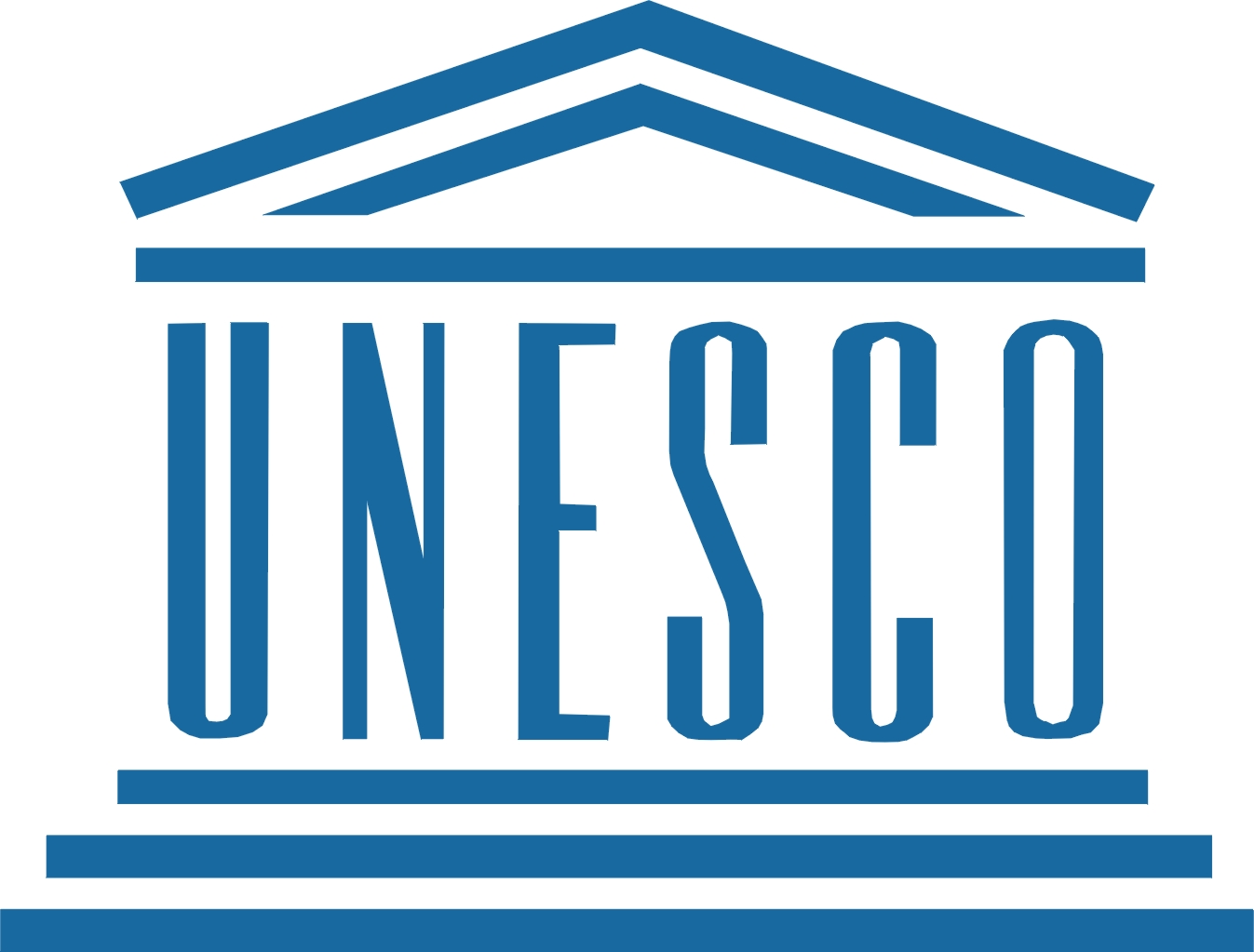
The pilot phase started in 1999 and resulted in an integrated project design aiming at improving the livelihood of the local population by opening up sustainable economic options. The project is organized into departments tackling various aspects of Murghab problems (
|
|
"Agriculture,
Environment and Livestock"
- encourages and trains people to work on kitchen
gardens with adapted seeds in order to contribute to food security
and diversification of incomes. It further cooperates with the district's
Veterinary Department to distribute vaccines for livestock to a
fair price. It is also is in touch with "combat desertification"
programmes run by GTZ and implemented by the Pamir Bio Institute.
( |
|
|
"Community
Social Infrastructures"
- is an engineering department rehabilitating and
building public infrastructure (schools, medpoints, bridges) after
a prioritization was done in participatory way (communities, district
rehabilitation commission). After years of simple "upgrading",
energy efficiency and use of passive solar energy are becoming prominent.
( |
|
|
"Social
and Poverty Alleviation"
- is a program specially targeting the layer of population
which is not reached by the credit programme: the poorest of the
poor. It is composed of in-kind credits (goats, chicken) to be returned
after a certain time (up to one year) and small, interest free credits
to vulnerable families. Being in a constant process of improvement,
the goat program and the small credits are currently being redesigned.
( |
|
|
"Support
to local handicraft"
- is one of the most successful departments: it gathers
250 women in an association producing modern design handicraft based
on ancient techniques. The products are marketed in Murghab, Khorog,
Bishkek and Dushanbe, links to France are being sought. This program
is currently extending into the far fletched villages of the district,
encouraging more women to grasp this opportunity for alternative
source of income ( |
|
|
"Credit
and Capacity Building"
- is tackling the problem of cash deficiency: the
department is part of ACTEDs Micro Finance Project (MFP) all over
Central Asia. Cash credits are given to groups of herders (in order
to build their herds) and to small enterprises. Additional credits
are given to tontine groups to more favourable conditions. ( |
|
|
"Culture"
- This department works intensively with the mixed
platform of civil society and government representatives to prepare
cultural and sports events. With grants and loans, the local theatre
as well as music and sports schools have been equipped, the renting
of equipment flows back into a culture fund to facilitate additional
activities. In addition, oral literature has been collected and
published in the local Kyrgyz dialect, a work of literature which
has greatly revived discussion on local history and tradition. ( |
|
|
"Ecotourism"-
Being dependant on external cash influx, tourism offers wide potentials
in a region as mythical as the High Pamir. The program proceeds
twofold: training of local service providers (homestays, Yurts,
guides) and research on various potentials in order to create proper
marketing products (brochures, map, identification of treks etc).
An Association of Ecotourism is in the process of creation, in order
to permit benefits to remain with communities, to design a code
of conduct and to act so that the natural resources are used and
displayed in a sustainable way, including nature conservancy action.
( |
Our Partners :


